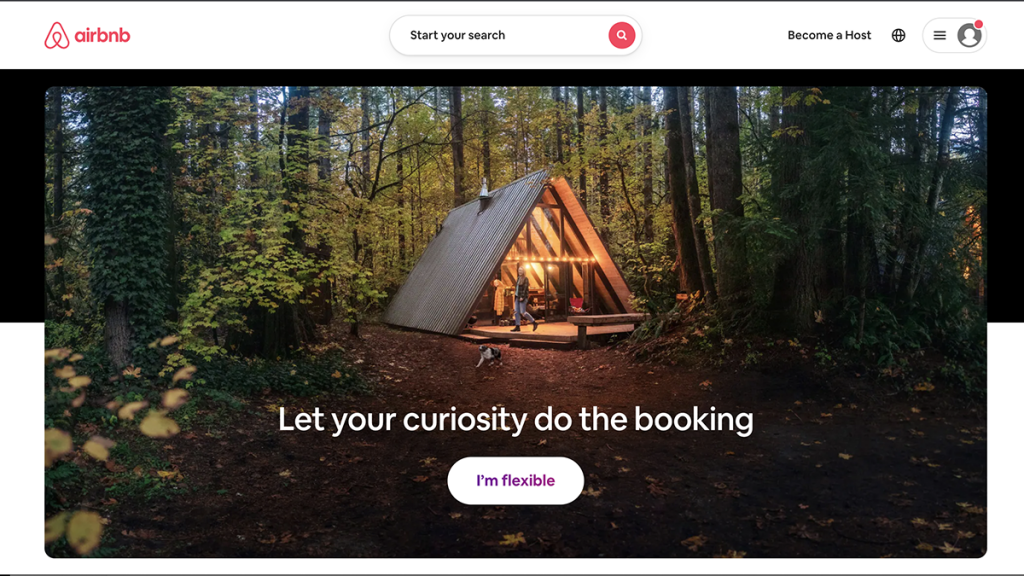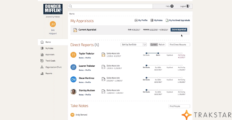
Source: Airbnb
Airbnb earnings skyrocketed to $1.5 billion in the first quarter—70% more than the $1.45 billion estimated by analysts. The revenue report also cited the company’s net losses down to $19 million from $1.2 billion in the same quarter of the previous year. While Airbnb acknowledged that business challenges are still present, it also gave an optimistic forecast for the current quarter with revenue estimated to be between $2.03 billion and $2.13 billion. Travel operators and SaaS vendors offering travel tech can take their cue from Airbnb’s better-than-expected results and ramp up business strategies for a rebounding travel industry after the pandemic.
In the first quarter, there were 102.1 million stays and experiences booked with Airbnb—way beyond pre-pandemic levels. Reservations are also expected to increase this coming summer and rates to go up as more people start booking weeks in advance. The latest data at the end of April showed that Airbnb had 30% more stays booked in the summer months compared to the same period in 2019.
Meanwhile, host earnings also exceeded estimates as shown by the company’s gross booking value (GBV). GBV, which records host earnings as well as cleaning fees, service fees, and taxes, reached $17.2 billion in Q1, topping the earlier projection of $16.54 billion. This represented a 67% year-over-year growth.
Airbnb’s gross nights booked also revealed a pattern for travelers. Bookings in non-urban areas were the strongest in Q1 compared to data from the same period in 2019. However, the company also reported that travelers might be returning to big cities as gross nights booked in high-density urban locations also grew 80% compared to the previous year.
The average daily rate (ADR) in Q1 was $168, a 37% increase compared to 2019 rates and 5% more than last year in the same quarter. The company predicts this to remain flat throughout Q2. The growth in ADR was attributed to the increased entire home bookings in North America and non-urban destinations that tend to have higher rates.
Leveraging Tech in the Post-Covid Travel Industry
Airbnb’s strong revenue growth is proof that travel is rebounding. The travel industry was one of the hardest hit by the pandemic. In the U.S., 65% of jobs lost in the first year of COVID-19 were in the travel industry. Globally, world economies lost an estimated $4 trillion due to the shutdown of international tourism. Two years into the health crisis, signs of recovery are gradually showing.
As travel conditions continue to improve, SaaS vendors offering travel tech solutions must act on the trend and prioritize B2B marketing strategies for their apps and services. Vendors specializing in booking platforms, for example, can position their products as an all-in-one solution for travel operators—from attracting leads to creating stunning bookable trip pages, online payment processing, and booking management.
Meanwhile, travel operators should study how they can leverage tech to attract customers (both tourists and corporate travelers) eager to travel after a 2-year hiatus. Using SaaS AR platforms, for instance, to create virtual, interactive presentations to help customers plan their trips could be one way. Implementing AI to make personalized recommendations to visitors based on their personalities and interests could be another.
The travel industry has undergone extreme changes to meet travelers’ needs at the height of the pandemic. Now in a new, post-COVID era of travel, what’s important is how businesses in this sector can use technology to increase customer satisfaction, speed up recovery, and drive growth.





















Leave a comment!